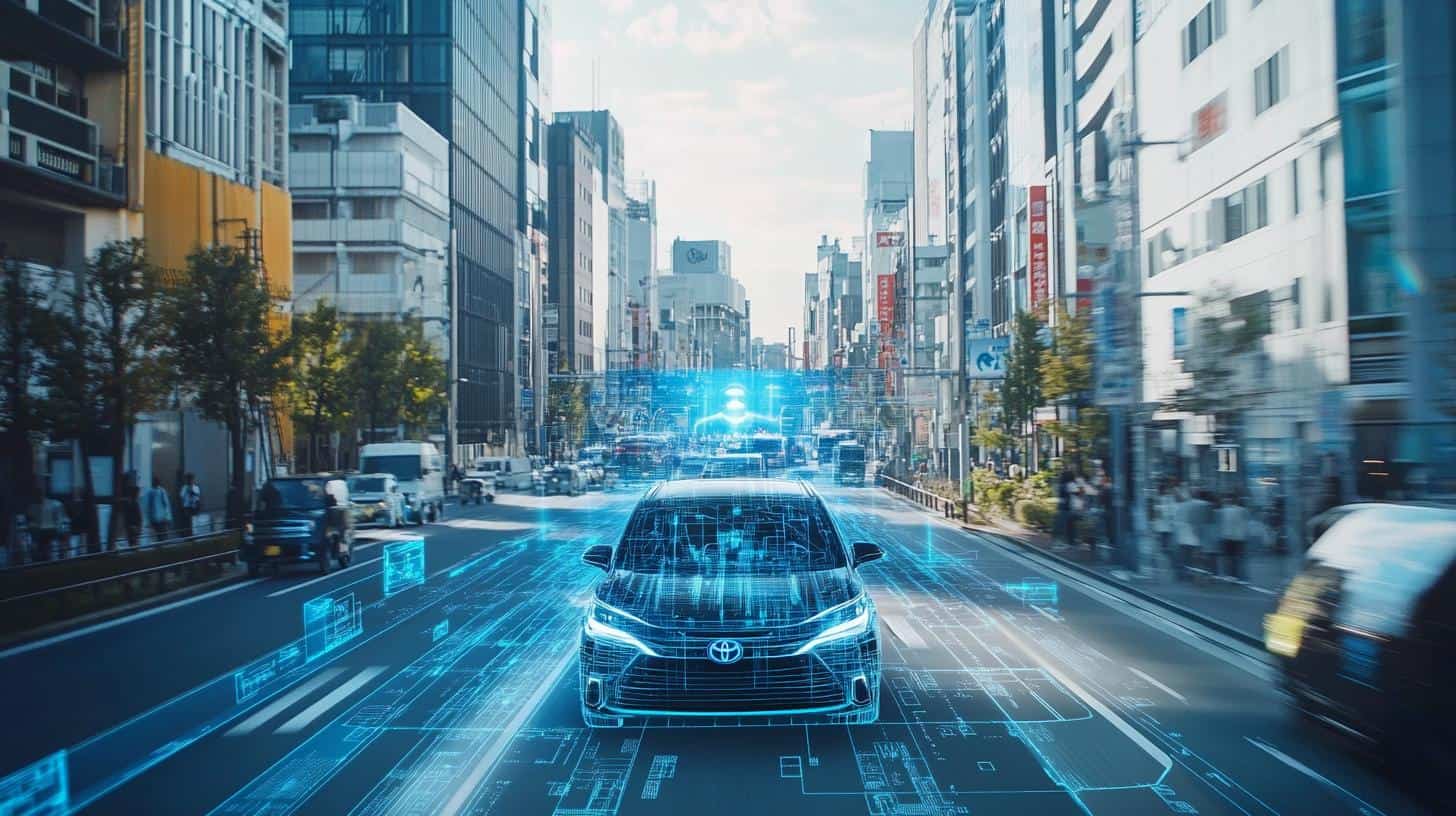In the dynamic realm of automotive innovation, Toyota has established itself as a pioneer, continually redefining benchmarks in reliability and sustainability. Notably, the brand revolutionized the automotive industry nearly three decades ago with its groundbreaking hybrid technology, spearheaded by the Prius. Now, Toyota is charting the course for a new era by advancing electric vehicles (EVs) and pioneering solid-state batteries, signaling a significant move toward a more sustainable future.
This transition is not merely a response to evolving consumer demands but a strategic vision aimed at achieving cleaner and smarter mobility solutions. By forging strategic partnerships with influential entities like BYD, Toyota is not only transforming transportation concepts but also anticipating the future dynamics of urban life.
A critical component of Toyota’s ambitious agenda is its pursuit of solid-state battery technology, which promises to dramatically enhance the range and efficiency of EVs. These advanced batteries, unlike traditional lithium-ion ones, utilize a solid electrolyte, offering enhanced energy storage and faster charging capabilities, while also improving safety and design flexibility for vehicles.
Despite challenges in achieving durability and cost-effective mass production, Toyota, alongside Idemitsu Kosan, continues to seek innovative solutions to overcome these hurdles. The goal is to begin limited production by 2025, scaling up in the years to follow.
Beyond transportation, Toyota envisions transforming urban living with its Woven City project. Situated near Mount Fuji, this futuristic city aims to seamlessly integrate cutting-edge technology into daily life, embodying a model of sustainable urban development. Here, autonomous vehicles, renewable energy, and intelligent infrastructure coalesce to create a harmonious living environment, setting the blueprint for cities of tomorrow.
The Future of Urban Living: Beyond Toyota’s Automotive Innovations
In recent years, the push for sustainable practices in urban development has become ever more pressing. While Toyota’s strides in electric vehicle (EV) technology and solid-state batteries have garnered much attention, less discussed are the broader impacts of their visionary projects that extend beyond the realm of automobiles. A centerpiece of this forward-thinking approach is the ambitious Woven City project, a living laboratory that promises to redefine urban life alongside Toyota’s automotive advancements.
Innovations Reshaping Urban Landscapes
The Woven City, located at the foothills of Japan’s iconic Mount Fuji, aims to function as a real-world testing ground for cutting-edge technologies in daily life, blending autonomy, connectivity, and sustainability. The significance of such integrated urban environments is immense, as they could serve as scalable models for cities worldwide seeking solutions to modern challenges such as energy efficiency, mobility, and urban sprawl.
One innovative aspect of Woven City is its use of renewable energy sources, including hydrogen fuel cells, underscoring Toyota’s commitment to reducing carbon footprints across industries. The project looks to integrate technology not just in transportation but in homes and infrastructure, making smart city concepts a tangible reality.
Benefits and Challenges of the Smart City Concept
Transforming urban spaces with smart technologies presents both exciting possibilities and complex challenges.
Advantages:
1. Enhanced Quality of Life: By integrating intelligent systems, residents enjoy increased convenience, safety, and accessibility in their daily routines.
2. Sustainability and Efficiency: The use of renewable energies and efficient resource management aligns with global sustainability goals, potentially reducing urban carbon emissions.
3. Data-Driven Decisions: Smart cities generate vast amounts of data that can drive informed policymaking and urban planning.
Disadvantages:
1. Privacy Concerns: The high level of connectivity and data collection poses questions about personal privacy and data security.
2. Economic and Social Inequality: There is a risk that such advanced urban developments may exacerbate existing inequalities, primarily benefiting affluent areas and demographics.
3. Implementation Costs: The infrastructure and technology investments required are substantial, posing risks to cities with budget constraints or those in developing regions.
Questions and Controversies
Will smart cities like Woven City become the norm, or remain an exception?
While the appeal of smart cities is considerable, their widespread adoption may hinge on overcoming financial, technological, and cultural barriers. Innovations need to be adaptable to different contexts and scales to be broadly applicable.
How do we address potential privacy issues?
Ensuring robust data protection frameworks is essential as we embrace smarter urban environments. Transparent governance and public engagement will play critical roles in balancing innovation with privacy rights.
Conclusion
Toyota’s ventures beyond automotive innovation, like Woven City, signal a deep-rooted commitment to crafting resilient, sustainable urban communities. With potential benefits ranging from improved living standards to environmental conservation, such initiatives provide a vision of the cities of tomorrow. Nevertheless, addressing the accompanying challenges will be vital to realizing this vision globally.
For further insights into the future of urban development and smart technologies, explore more at woven-planet, and learn about similar advancements and policies shaping modern urban landscapes.







